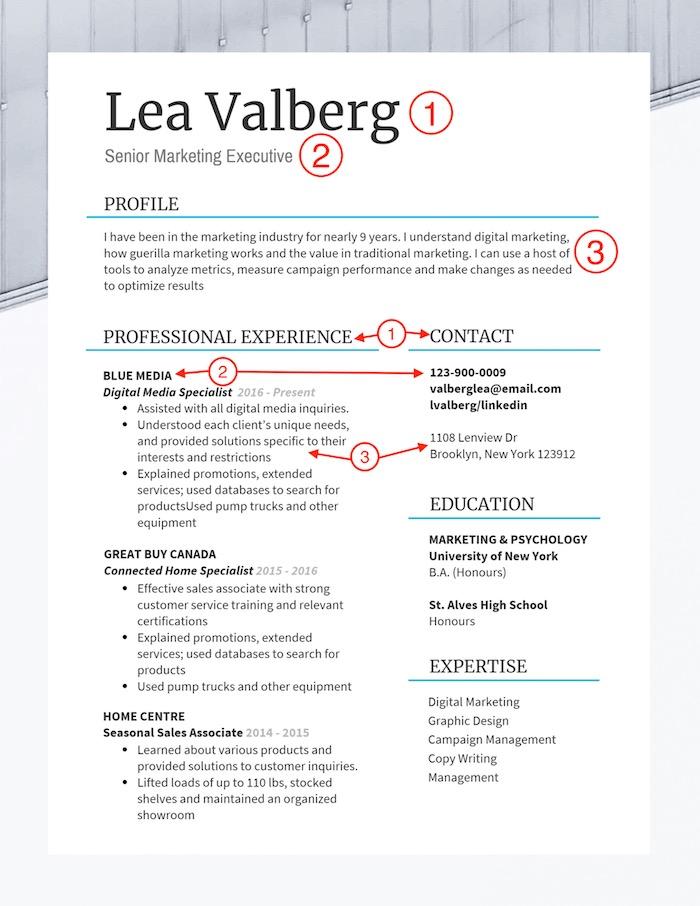Curriculum Designer: Essential Skills, Roles, and Career Guide
education technology is revolutionizing how universities, colleges, and schools deliver content and engage students. One pivotal role in this change is the Curriculum Designer. These professionals are at the heart of creating meaningful, effective, and engaging learning experiences. Whether you’re seeking your first opportunity or considering a career shift into EdTech, understanding the curriculum designer role is critical. This guide covers essential skills, typical responsibilities, key benefits, and practical steps to build a accomplished career as a curriculum designer in education technology.
What is a Curriculum Designer?
A curriculum designer, also known as an instructional designer or learning experience designer, crafts and refines educational programs for various learning environments. In the context of EdTech jobs at schools, colleges, and universities, curriculum designers integrate technology with pedagogy to develop digital learning materials, online modules, and blended classroom experiences that fuel student success.
Key Roles and Responsibilities of a Curriculum Designer
- Learning Needs Analysis: Assess student and institutional needs to identify gaps in knowledge, skills, or compliance.
- Curriculum Planning: Develop extensive instructional frameworks, learning objectives, and outcomes aligned with industry standards.
- Instructional Materials Advancement: Design course content, lesson plans, assessments, and multimedia resources, ensuring accessibility and inclusivity.
- Technology Integration: select and integrate appropriate EdTech tools, learning management systems (LMS), and interactive platforms.
- Stakeholder Collaboration: Work closely with faculty, subject matter experts (SMEs), IT specialists, and students to create relevant materials.
- Continuous Enhancement: evaluate and revise curriculum based on feedback, analytics, and emerging trends within education technology.
- Professional Development: Support and train teachers and instructors in utilizing new educational technologies and pedagogical approaches.
Essential Skills for EdTech Curriculum Designers
To stand out and excel in a curriculum designer role within education technology,cultivating the following skills is crucial:
1. Instructional Design Expertise
- Familiarity with instructional design models (e.g., ADDIE, SAM, Bloom’s Taxonomy)
- Experience in course mapping and curriculum alignment
- Understanding of adult learning principles and active learning strategies
2. Educational Technology Proficiency
- Hands-on experience with LMS platforms (such as Canvas, Moodle, Blackboard)
- Knowledge of e-learning authoring tools (Articulate Storyline, Adobe Captivate, H5P)
- Ability to integrate apps, simulations, and interactive media into curricular content
3.Assessment Design and Evaluation
- Creating formative and summative assessments aligned with learning objectives
- Utilizing data and analytics to evaluate student performance and curriculum effectiveness
4. Dialog and Collaboration
- Translating academic jargon into student-pleasant language
- Facilitating workshops, meetings, and professional development sessions
- Collaborating in cross-functional teams with educators, administrators, and technologists
5. Project Management
- Handling multiple curriculum projects, timelines, and deliverables efficiently
- Documenting workflow, version control, and iterative development processes
6. Adaptability and Creative Problem-Solving
- Responding to emerging educational trends and EdTech innovations
- Designing flexible curriculum that can be updated and scaled rapidly
Educational Requirements and Preferred Qualifications
Most curriculum designer jobs at universities,colleges,and schools require the following qualifications:
- Bachelor’s degree in education,instructional design,curriculum development,or a related field
- Master’s degree preferred for higher education positions
- Certification in instructional design,educational technology,or online teaching (optional but advantageous)
- prior teaching or training experience is beneficial
Benefits of a curriculum Designer Career in Education technology
Working in education technology as a curriculum designer offers a wealth of professional and personal benefits:
- Impact: Shape how thousands of students learn and succeed each year
- innovation: Engage with the latest advances in EdTech and digital learning strategies
- Growth Opportunities: Advance into leadership,strategy,or specialized EdTech roles
- Collaborative Environment: Work alongside educators,technologists,and creative professionals
- Flexible Work Options: Manny positions offer remote or hybrid work environments
Practical Tips to launch Your Career as a Curriculum Designer
Ready to pursue a curriculum designer job in education technology? Here are actionable tips to get started:
- build a Portfolio: Showcase sample lesson plans,digital modules,assessment tools,and multimedia projects.
- Upskill Continuously: Stay updated on EdTech trends, software, and instructional design best practices through regular training or certification.
- Network in the EdTech Community: Attend webinars, join professional organizations, and connect with other curriculum designers online and offline.
- Gain Practical Experience: Volunteer for e-learning projects, assist with course redesigns, or support technology pilots in educational settings.
- Highlight Transferable Skills: Emphasize your project management, collaboration, and problem-solving abilities on your resume and LinkedIn profile.
- Prepare for Interviews: Practice articulating your process for curriculum planning, technology integration, and assessment development.
- Target Your Applications: Tailor your resume and cover letter to each job description, incorporating keywords like ‘curriculum designer,’ ‘instructional design,’ and ‘EdTech curriculum’.
Future Outlook for Curriculum Designers in EdTech
The demand for curriculum designers in education technology is rapidly increasing as more universities, colleges, and K-12 schools invest in online and hybrid learning. Career mobility is strong, with pathways into roles such as:
- Senior Instructional Designer
- EdTech Project Manager
- Learning Experience Designer
- Director of Curriculum Development
- Educational Consultant
With the ongoing evolution of digital learning environments and the global shift to remote and blended education, skilled curriculum designers are essential for institutional innovation and student engagement.
Conclusion: Your Next Step as an EdTech Curriculum Designer
Stepping into a curriculum designer role in education technology at universities, colleges, or schools offers a unique chance to blend creativity, pedagogy, and technology. By mastering industry-essential skills, gaining hands-on experience, and staying current with the latest EdTech trends, you’ll position yourself as a vital asset in this dynamic field. As education technology continues to grow, curriculum designers will remain crucial in shaping the future of learning for students everywhere—making this an exciting and impactful career choice for aspiring professionals. If you’re ready to empower educators and inspire learners, now is the perfect time to embark on your journey as a curriculum designer in EdTech.

